Invisalign for anterior open bite treatment
Dica Clínica
INTRODUCTION: AThe advantage of using aligners to correct anterior open bite is the greater ease to intrude the posterior teeth, due to the plastic that surrounds the teeth. OBJECTIVE: The present article reports the clinical case of an adult patient with anterior open bite treated exclusively with Invisalign aligners. CASE REPORT: Closing the bite with aligners was performed by the combination of posterior teeth intrusion and anterior teeth extrusion, in addition to a counterclockwise mandibular rotation. Two sets of aligners were used, and the treatment time was 11.5 months. RESULTS AND...
Autores: José Eduardo Prado De Souza, Karina Maria Salvatore De Freitas, Thalita Stefhanie de Almeida, Danielle Moreira Procópio,

Você já deve ter ouvido de professores, em algum momento da sua formação acadêmica ou profissional, que devemos nos basear na ciência/literatura para tomada de decisões na Ortodontia, não é verdade? Por exemplo, já ouviu que, se não há comprovação científica da eficácia de uma certa terapia ortodôntica para um determinado problema, então aquilo não funciona?
Leia mais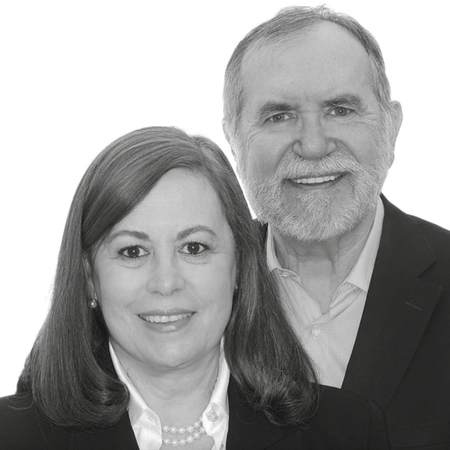
Com o passar dos anos, a Ortodontia tem sido abençoada com mentes que não apenas desafiam o convencional, mas que remodelam os paradigmas, para refletir uma compreensão mais profunda e compassiva da humanidade por trás do sorriso. Há treze anos, tive a distinta honra de prefaciar uma obra seminal, dos autores aqui entrevistados: o livro 'Orthológica'. Essa obra iluminou o caminho para inúmeros profissionais e estudantes, trazendo clareza e direção a uma disciplina que, por vezes,...
Leia mais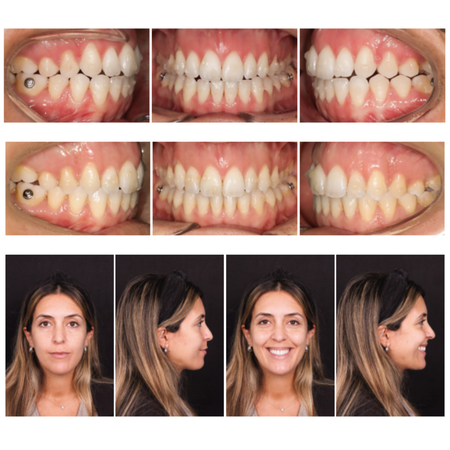
INTRODUÇÃO: A vantagem do uso dos alinhadores na correção da mordida aberta anterior (MAA) é a maior facilidade de intrusão dos dentes posteriores, devido ao plástico que envolve os dentes. OBJETIVO: O presente trabalho relata o caso clínico de uma paciente adulta com MAA tratada exclusivamente com alinhadores Invisalign®. CASO CLÍNICO: O fechamento da mordida com alinhadores foi realizado pela combinação da intrusão dos dentes posteriores e extrusão dos dentes anteriores,...
Leia mais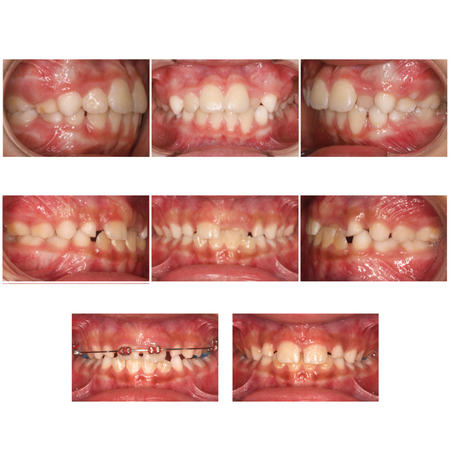
INTRODUÇÃO: A mordida cruzada anterior (MCA) dentária é uma má oclusão caracterizada pela alteração no relacionamento dos dentes anteriores, e o tratamento precoce desse problema é de fundamental importância. OBJETIVO: Apresentar o relato de dois casos clínicos com MCA dentária, na fase da dentição mista, tratados come aparelho fixo, usando as técnicas 2 x 4 e 2 x 2. CONCLUSÃO: Os casos apresentados demonstram que o uso das técnicas 2 x 4 e 2 x 2 é uma alternativa versátil...
Leia mais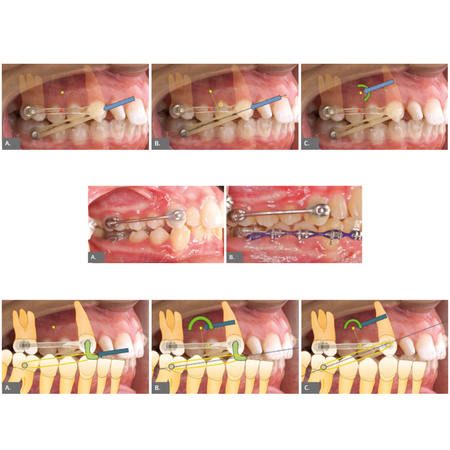
OBJETIVO: Este artigo explora os desafios no tratamento da má oclusão de Classe II, com foco no movimento distal de molares, pré-molares e caninos superiores utilizando aparelhos distalizadores, como o tipo Carriere. MÉTODOS: O estudo examina a mecânica da aplicação de forças, incluindo elásticos tradicionais, miniparafusos e técnicas combinadas, para otimizar os resultados do tratamento. CONCLUSÕES: A análise destaca a importância de compreender o centro de resistência do...
Leia mais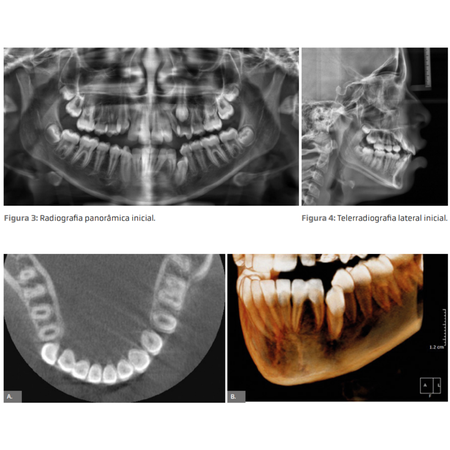
INTRODUÇÃO: Durante a odontogênese, pode ocorrer a união de dois dentes, o que caracteriza a anomalia de forma, extremamente rara, denominada fusão. As anomalias dentárias têm origem hereditária ou ambiental e provocam má oclusão e forte impacto estético. Sendo assim, o estudo das recorrentes associações entre anomalias dentárias e abordagens preventivas e terapêuticas é imprescindível na prática clínica ortodôntica. OBJETIVO: Descrever o caso clínico de uma paciente...
Leia mais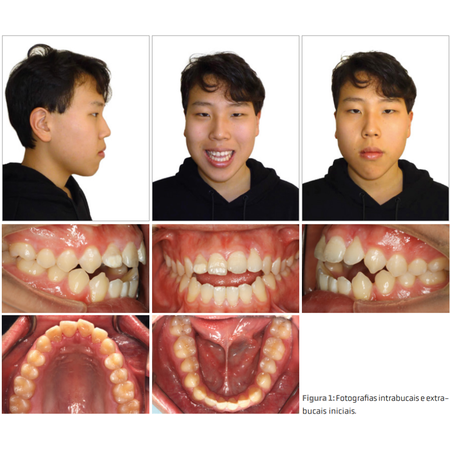
INTRODUÇÃO: A mordida aberta anterior (MAA), má oclusão caracterizada por um trespasse vertical negativo entre os dentes anteriores durante a intercuspidação máxima, pode ser tratada por meio de diferentes abordagens, incluindo: extração dos primeiros molares, cirurgia ortognática, eliminação das causas etiológicas, ou extrusão dos dentes anteriores e intrusão dos dentes posteriores. OBJETIVOS: O presente relato de caso ilustra o uso de uma placa palatina em C modificada...
Leia mais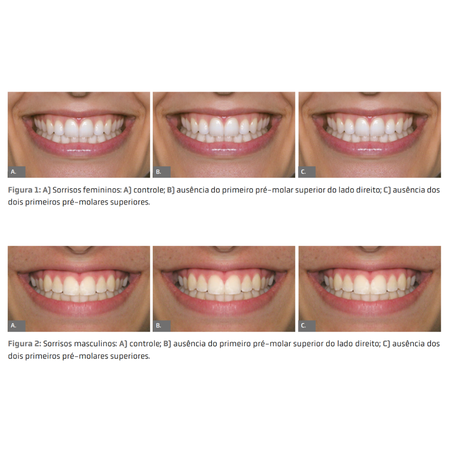
INTRODUÇÃO: Vários autores investigaram a possível influência de diferentes variáveis na estética do sorriso, como: diastemas medianos, assimetrias dentais e/ou gengivais, quantidade de exposição gengival em um sorriso, degrau incisal entre incisivos centrais e laterais, e tipos de corredores bucais. Porém, a possível influência da ausência unilateral ou bilateral dos primeiros pré-molares superiores ainda não foi avaliada. A resposta a essa pergunta é importante porque a...
Leia mais
OBJETIVO: Conceituar e sugerir critérios de diagnóstico do trauma oclusal, no contexto ortodôntico. METODOLOGIA E RESULTADOS: Refletir e resgatar conceitos uniformizados na literatura pertinente, e extrapolá-los clinicamente. DISCUSSÃO E CONCLUSÕES: 1) O trauma oclusal deve ser incluído na lista de diagnóstico diferencial de periodontite apical e do traumatismo dentário. 2) A osteíte esclerosante periapical em dente com vitalidade pulpar e reabsorção externa apical inflamatória...
Leia mais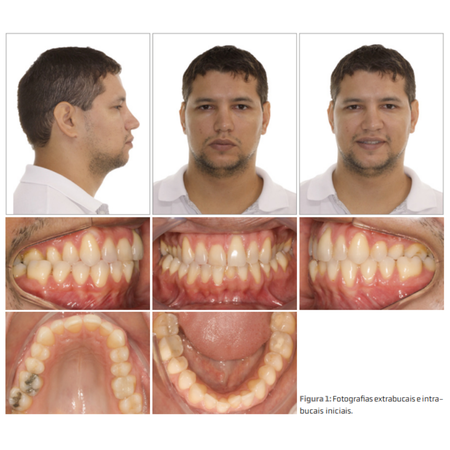
OBJETIVO: O objetivo deste artigo é relatar um caso clínico de paciente adulto com mordida cruzada posterior (MCP) bilateral, mordida cruzada anterior (MCA), apinhamento anteroinferior, hipoplasia esquelética transversal da maxila, além de problemas periodontais e recessão gengival. CASO CLÍNICO: O tratamento foi conduzido com acompanhamento periodontal, e a abordagem ortodôntica foi realizada de forma convencional, consistindo de expansão da arcada dentária superior com elásticos...
Leia mais
Es posible que hayas escuchado de profesores, en algún momento de tu formación académica o profesional, que debemos basarnos en la ciencia/ literatura a la hora de tomar decisiones en Ortodoncia, ¿verdad? Por ejemplo, ¿alguna vez has oído que, si no hay pruebas científicas de la eficacia de una determinada terapia de ortodoncia para un determinado problema, entonces no funciona? Bueno, hace poco se me acercó un colega, en una de mis clases, y me dijo que el dispositivo “A”...
Leia mais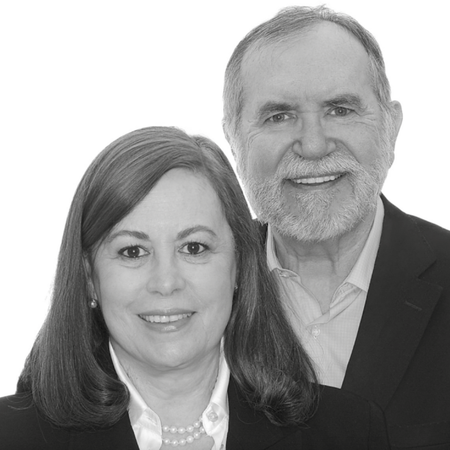
A lo largo de los años, la Ortodoncia ha sido enriquecida con mentes que no sólo desafían las convenciones, sino que remodelan los paradigmas para reflejar una comprensión más profunda y compasiva de la humanidad detrás de la sonrisa. Hace trece años, tuve el distintivo honor de prologar una obra fundamental de los autores aquí entrevistados: el libro “Orthológica”. Este libro iluminó el camino de innumerables profesionales y estudiantes, aportando claridad y dirección a una...
Leia mais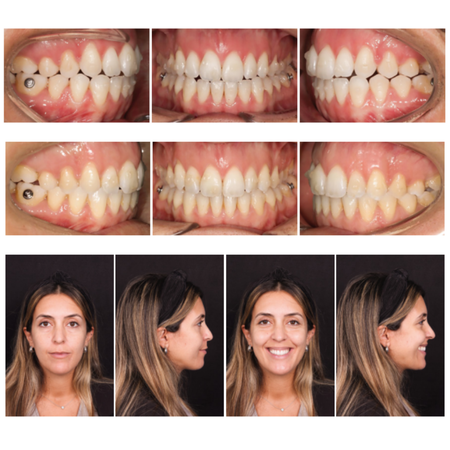
INTRODUCCIÓN: La ventaja de utilizar alineadores para corregir la mordida abierta anterior (MAA) es la mayor facilidad de intrusión de los dientes posteriores, debido al plástico que envuelve los dientes. OBJETIVO: El presente estudio reporta el caso clínico de un paciente adulto con MAA tratado exclusivamente con alineadores Invisalign®. Caso Clínico: La corrección de la mordida abierta con alineadores se realizó combinando la intrusión de los dientes posteriores y la extrusión de...
Leia mais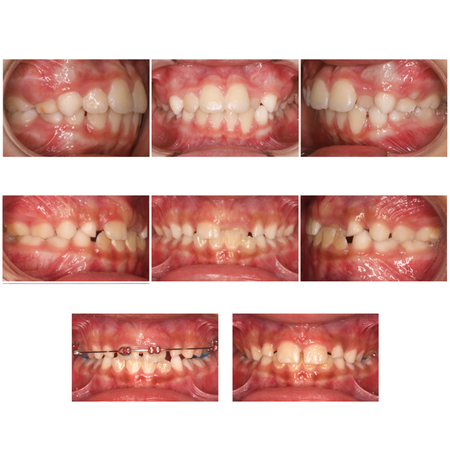
INTRODUCCIÓN: La mordida cruzada anterior (MCA) dental es una maloclusión caracterizada por cambios en la relación de los dientes anteriores, y el tratamiento temprano de este problema es de fundamental importancia. OBJETIVO: Presentar un reporte de dos casos clínicos con MCA dental, en fase de dentición mixta, tratados con aparatología fija, utilizando las técnicas 2 x 4 y 2 x 2. CONCLUSIÓN: Los casos presentados demuestran que el uso de las técnicas 2 x 4 y 2 x 2 es una...
Leia mais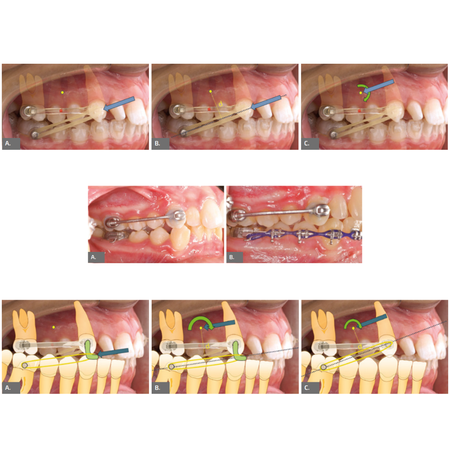
OBJETIVO: Este artículo explora los desafíos en el tratamiento de la maloclusión de Clase II, enfocándose en el movimiento distal de los molares, premolares y caninos superiores utilizando aparatos distalizadores, como el tipo Carriere. MÉTODOS: El estudio examina la mecánica de la aplicación de fuerzas, incluidos elásticos tradicionales, minitornillos y técnicas combinadas, para optimizar los resultados del tratamiento. Conclusiones: El análisis destaca la importancia de...
Leia mais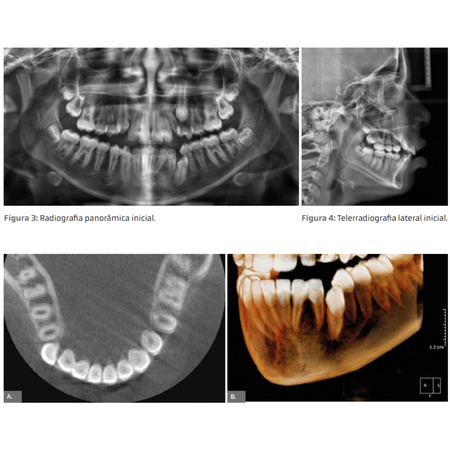
INTRODUCCIÓN: Durante la odontogénesis, puede ocurrir la unión de dos dientes, lo que caracteriza la extremadamente rara anomalía llamada fusión. Las anomalías dentales tienen un origen hereditario o ambiental y provocan maloclusión y un fuerte impacto estético. Por tanto, el estudio de las asociaciones recurrentes entre las anomalías dentales y los enfoques preventivos y terapéuticos es fundamental en la práctica clínica de Ortodoncia. OBJETIVO: Describir el caso clínico de un...
Leia mais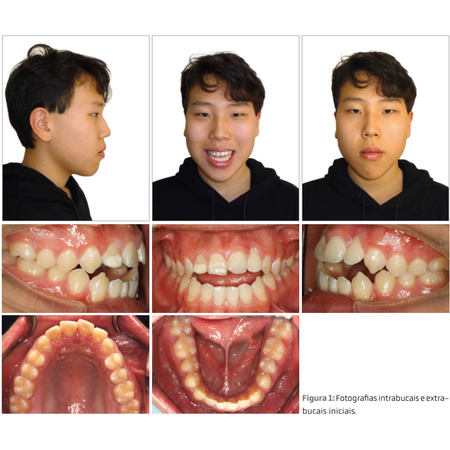
INTRODUCCIÓN: Aa mordida abierta anterior (MAA), una maloclusión caracterizada por una sobremordida negativa entre los dientes anteriores durante la máxima intercuspidación, puede tratarse mediante diferentes abordajes, entre ellos: extracción de los primeros molares, cirugía ortognática, eliminación de causas etiológicas o extrusión de dientes anteriores e intrusión de dientes posteriores. OBJETIVOS: El presente reporte de caso ilustra el uso de una placa palatina en forma de C...
Leia mais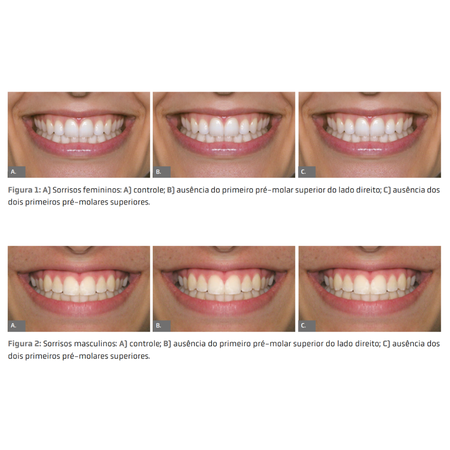
INTRODUCCIÓN: Varios autores han investigado la posible influencia de diferentes variables en la estética de la sonrisa, tales como: diastemas medianos, asimetrías dentales y/o gingivales, cantidad de exposición gingival en una sonrisa, degradación incisal entre los incisivos centrales y laterales y tipos de corredores bucales. Sin embargo, aún no se ha evaluado la posible influencia de la ausencia unilateral o bilateral de los primeros premolares superiores. La respuesta a esta...
Leia mais
OBJETIVO: Conceptualizar y sugerir criterios diagnósticos del trauma oclusal, desde el punto de vista de la ortodoncia. METODOLOGÍA Y RESULTADOS: Reflejar y rescatar conceptos estandarizados en la literatura relevante, y extrapolarlos clínicamente. DISCUSIÓN Y CONCLUSIONES: 1) El trauma oclusal debe incluirse en la lista de diagnóstico diferencial de la periodontitis apical y el trauma dental. 2) La osteítis esclerosante periapical en un diente con vitalidad pulpar y reabsorción...
Leia mais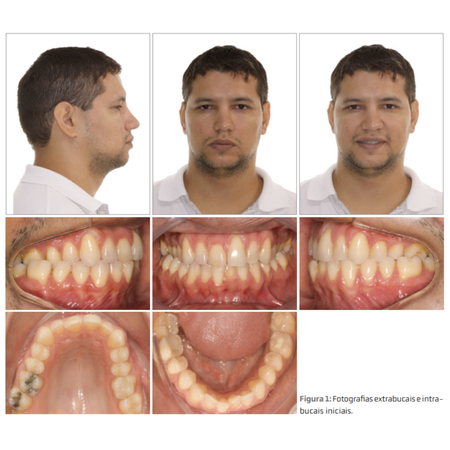
OBJETIVO: El objetivo de este artículo es reportar un caso clínico de un paciente adulto con mordida cruzada posterior (MCP) bilateral, mordida cruzada anterior (MCA), apiñamiento anteroinferior, hipoplasia esquelética transversal de la maxila, además de problemas periodontales y recesión gingival. CASO CLÍNICO: El tratamiento se realizó con seguimiento periodontal, y el abordaje ortodóncico se realizó de manera convencional, consistiendo en expansión de la arcada dentaria...
Leia mais
You may have heard from professors at some point in your academic or professional training that we should base our decisions in orthodontics on science/literature, right? For example, have you ever heard that if there is no scientific proof of the effectiveness of a certain orthodontic therapy for a particular problem, then it doesn’t work?
Leia mais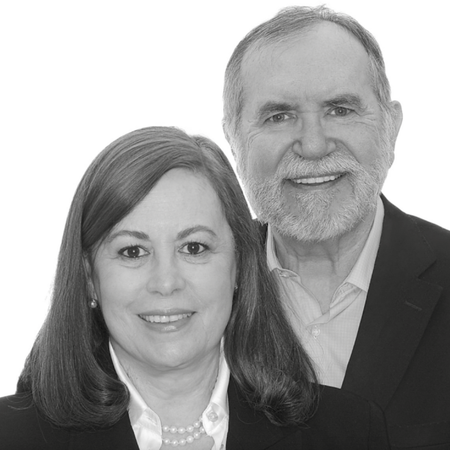
Over the years, orthodontics has been blessed with minds that not only challenge the conventional, but reshape paradigms to reflect a deeper and more compassionate understanding of the humanity behind the smile. Thirteen years ago, I had the distinct honor of prefacing a fruitful work by the authors interviewed here: the book “Orthológica”. This work has illuminated the path for countless professionals and students, bringing clarity and direction to a discipline that sometimes seemed...
Leia mais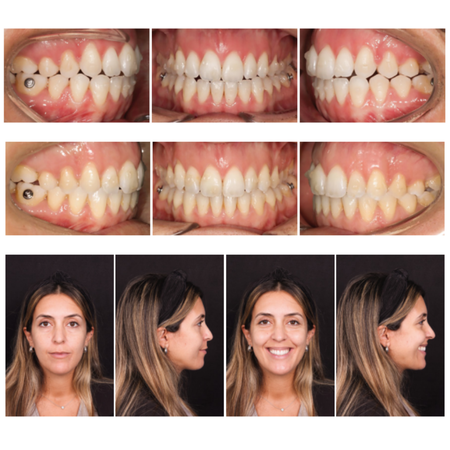
INTRODUCTION: AThe advantage of using aligners to correct anterior open bite is the greater ease to intrude the posterior teeth, due to the plastic that surrounds the teeth. OBJECTIVE: The present article reports the clinical case of an adult patient with anterior open bite treated exclusively with Invisalign aligners. CASE REPORT: Closing the bite with aligners was performed by the combination of posterior teeth intrusion and anterior teeth extrusion, in addition to a counterclockwise...
Leia mais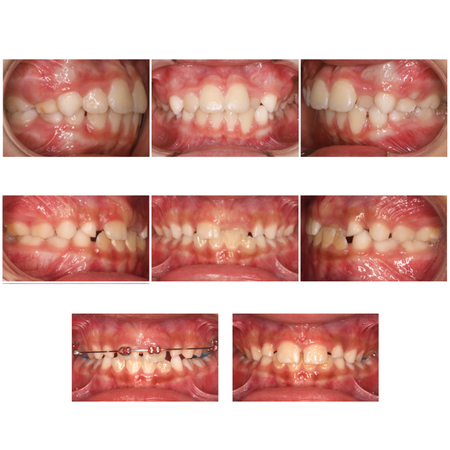
INTRODUCTION: Dental anterior crossbite (AC) is a malocclusion characterized by an alteration in the relationship of anterior teeth, and early treatment of this problem is of fundamental importance. OBJECTIVE: To present two clinical cases of dental AC in the mixed dentition phase, treated with fixed orthodontic appliances using the 2 x 4 and 2 x 2 techniques. CONCLUSION: The cases demonstrated that the 2 x 4 and 2 x 2 techniques are versatile and highly efficient, indicated for the...
Leia mais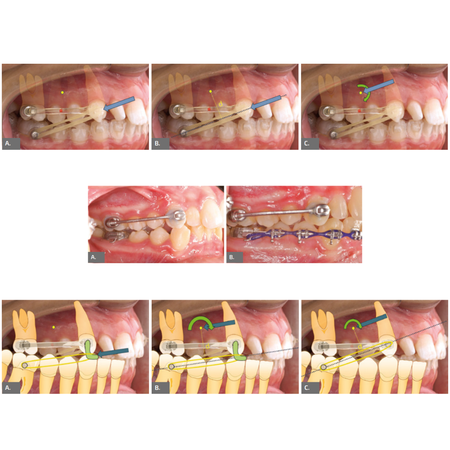
OBJECTIVE: This article explores the challenges of treating Class II malocclusion, focusing on the distal movement of upper molars, premolars, and canines using distalization appliances such as the Carriere type. METHODS: The mechanics of force application was examined, including traditional elastics, miniscrews, and the combination of techniques, to optimize treatment outcomes. CONCLUSIONS: The analysis highlighted the importance of understanding the system’s center of resistance and the...
Leia mais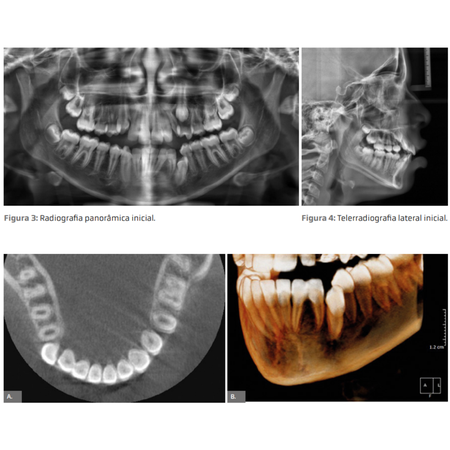
INTRODUCTION: During odontogenesis, the union of two teeth may occur, which characterizes the extremely rare tooth anomaly called fusion. Dental anomalies have a hereditary or environmental origin, and raise malocclusion and aesthetic concerns. Therefore, the study of teeth abnormalities association and therapeutic or preventive approaches is essential in orthodontic clinical practice. OBJECTIVE: This article aims to describe the clinical case of a Class II patient with posterior crossbite,...
Leia mais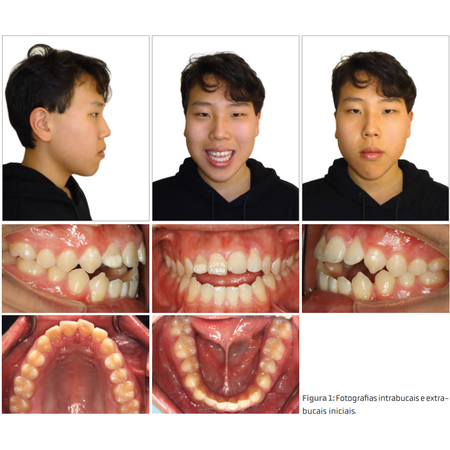
INTRODUCTION: Anterior open bite, a malocclusion characterized by a vertical gap between the anterior teeth during maximum intercuspation, can be treated with various approaches, including first molars extraction, orthognathic surgery, elimination of the etiological causes, and extrusion of anterior teeth and intrusion of posterior teeth. OBJECTIVES: This case report illustrates the use of a modified C-palatal plate (MCPP) and fixed appliances to treat anterior open bite in an adolescent...
Leia mais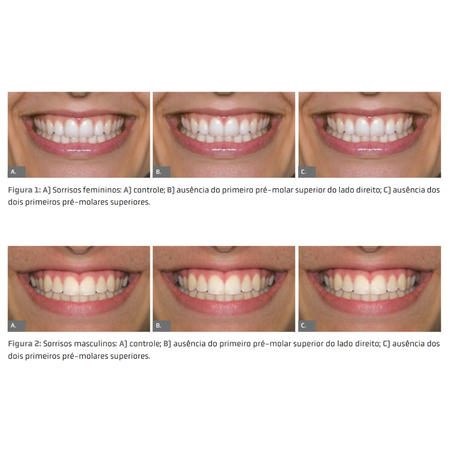
INTRODUCTION: Several authors have investigated the possible influence of different variables on smile esthetics, such as: midline diastemas, dental and/or gingival asymmetries, amount of gingival exposure in a smile, central-to-lateral incisal step, and types of buccal corridors. However, the possible influence of the unilateral or bilateral absence of the upper first premolars has not yet been evaluated. The answer to this question is important because the extraction of these teeth is a...
Leia mais
OBJECTIVE: To define and suggest diagnostic criteria for occlusal trauma in the orthodontic context. METHODOLOGY AND RESULTS: To reflect on and recoverer concepts that are standardized in the relevant literature, and extrapolate them clinically. DISCUSSION AND CONCLUSIONS: 1) Occlusal trauma should be included in the list of differential diagnoses of apical periodontitis and dental trauma. 2) Periapical sclerosing osteitis in a tooth with pulp vitality and inflammatory apical external...
Leia mais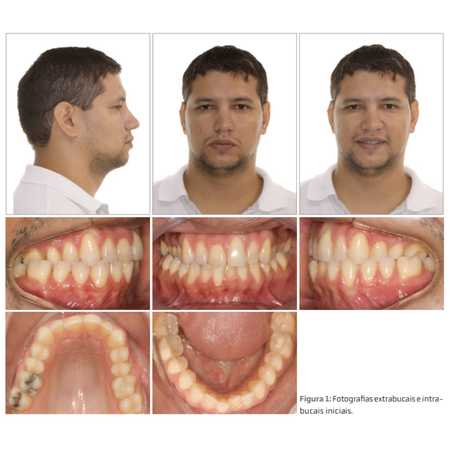
OBJECTIVE: The objective of this article is to report a clinical case of an adult patient with bilateral posterior crossbite (PCB), anterior crossbite (ACB), anteroinferior crowding, transverse skeletal deficiency of the maxilla, in addition to periodontal problems and gingival recession. CLINICAL CASE: The treatment was conducted with periodontal monitoring, and the orthodontic approach was carried out conventionally, consisting of expansion of the maxilla with crossed elastics and expanded...
Leia maisCopyright © 1998 - 2022 DentalGO | Todos Direitos Reservados. DentalGO é uma marca Dental Press